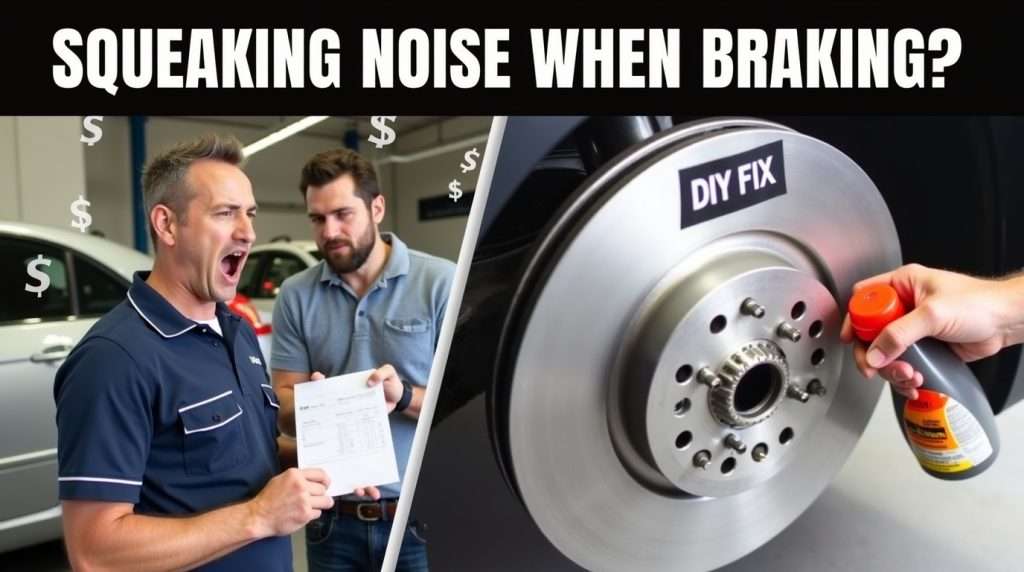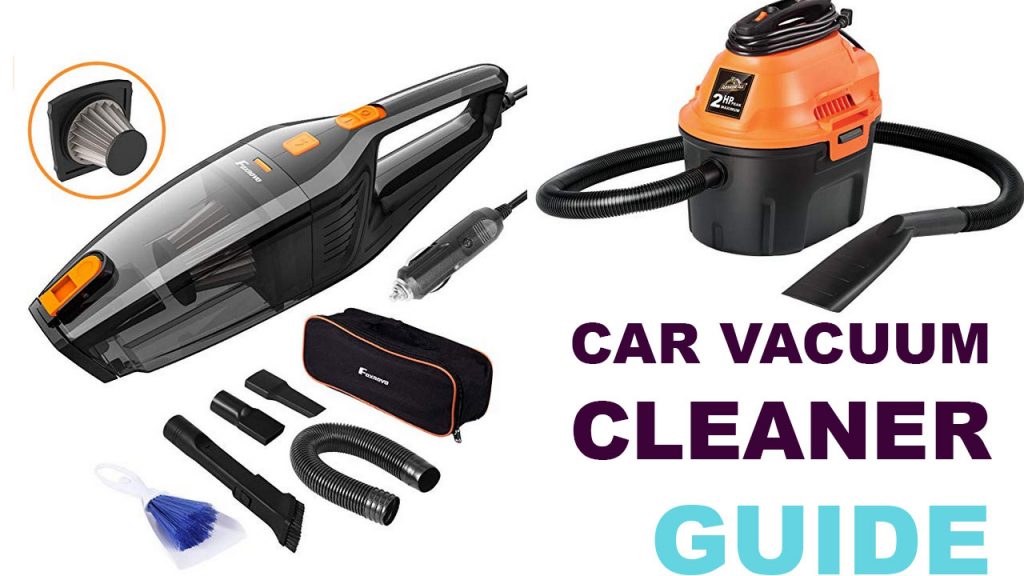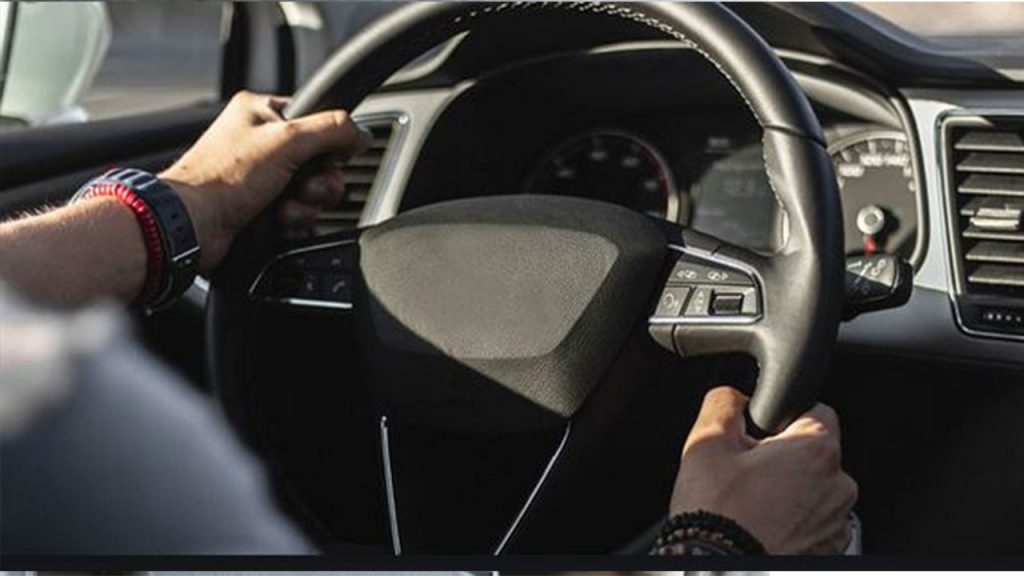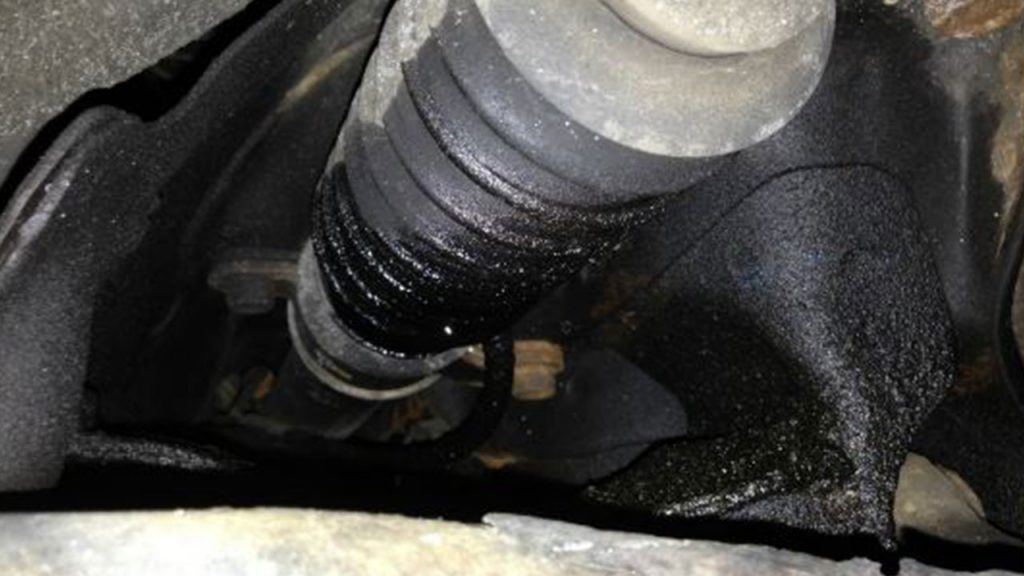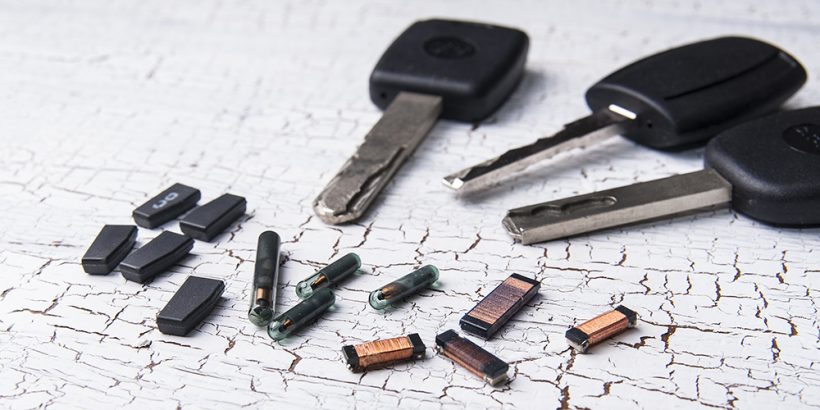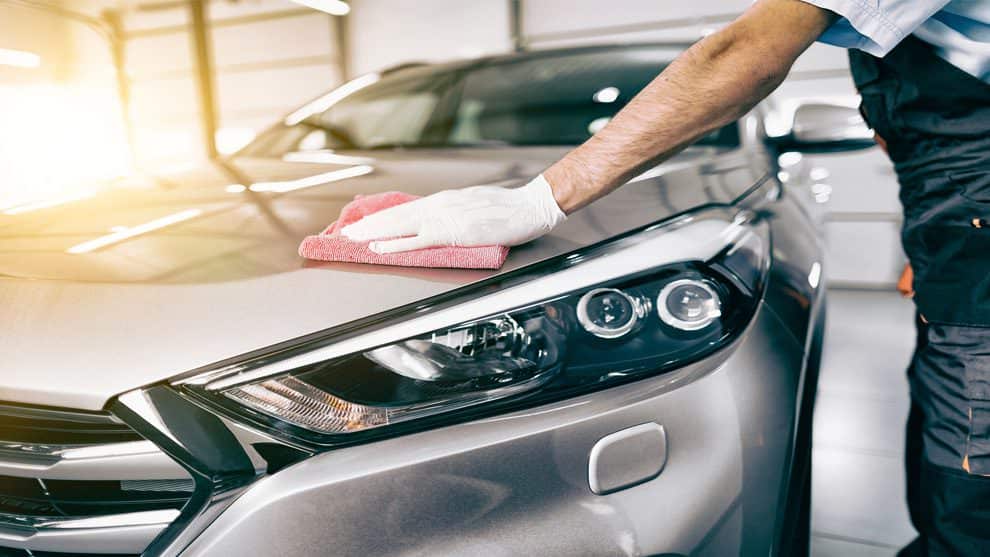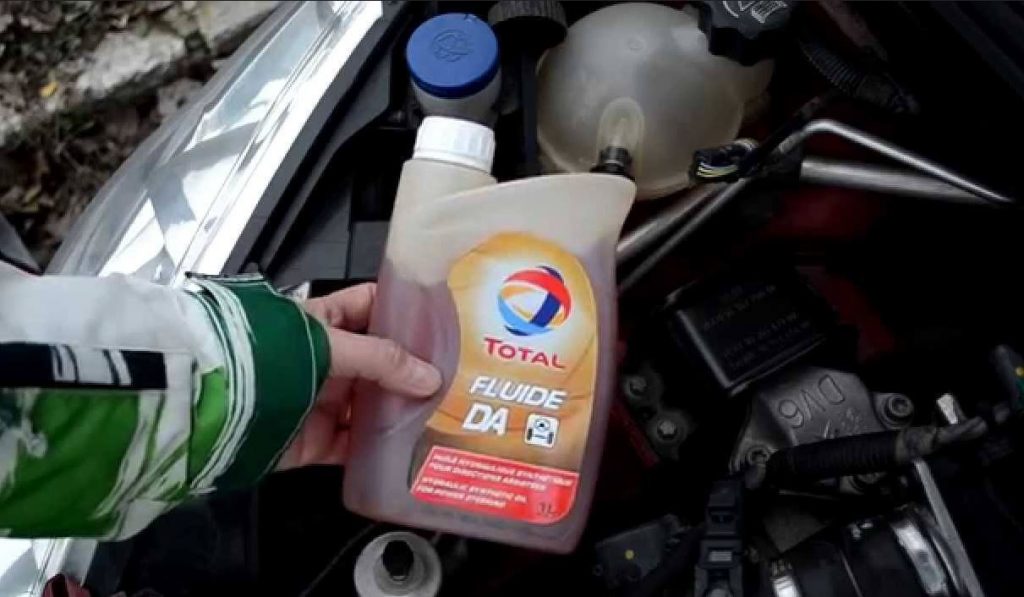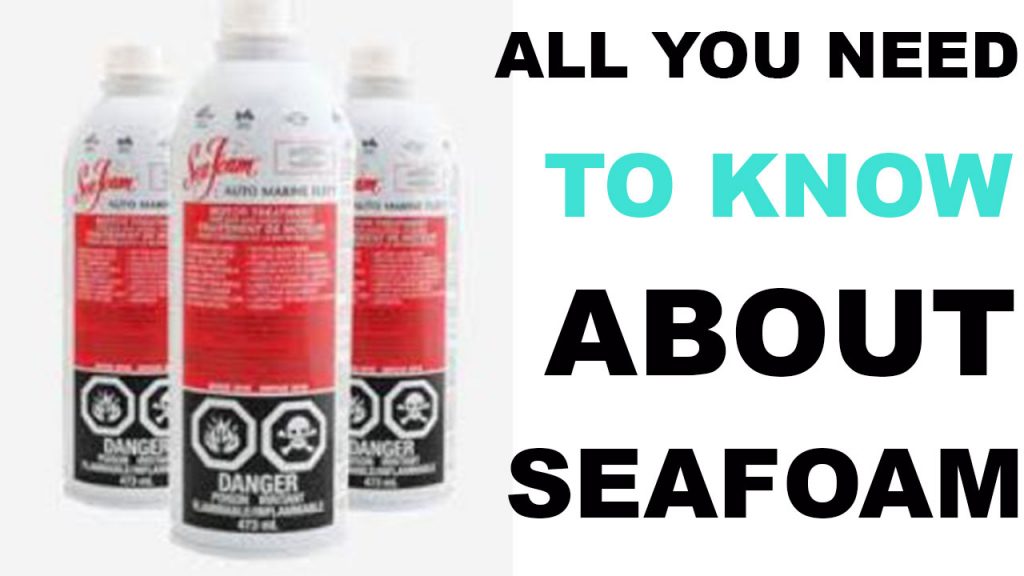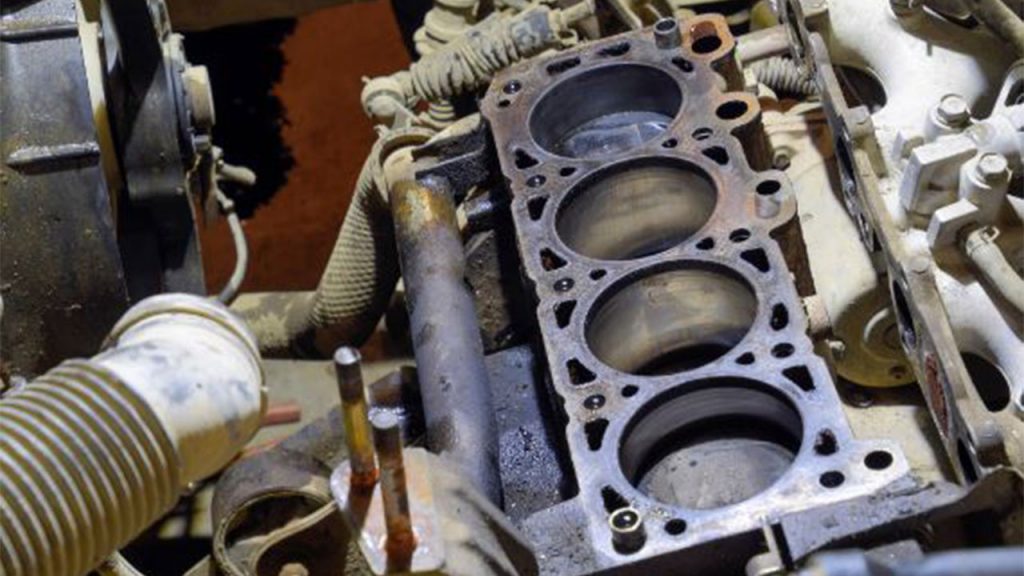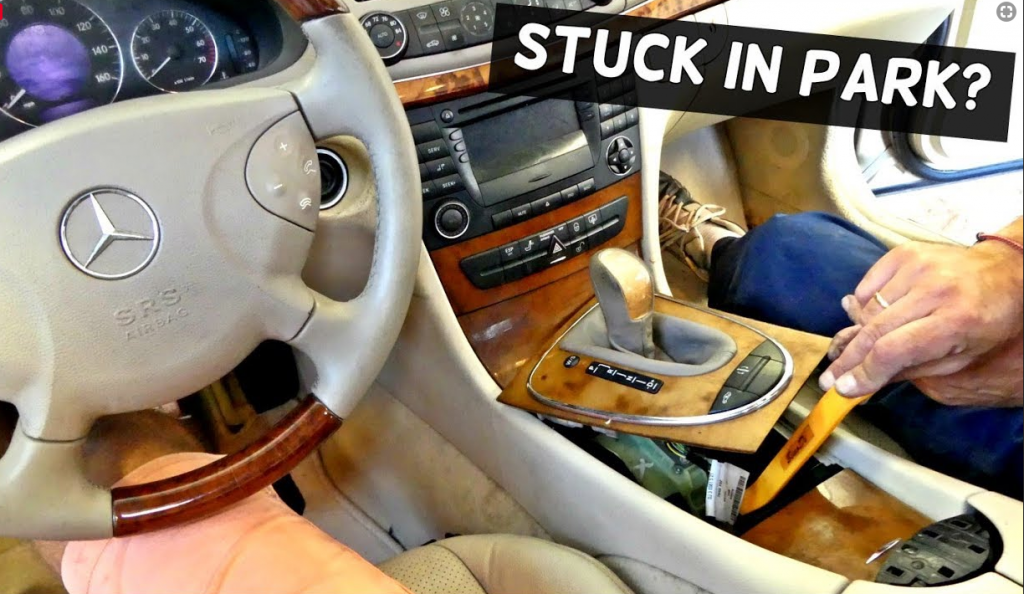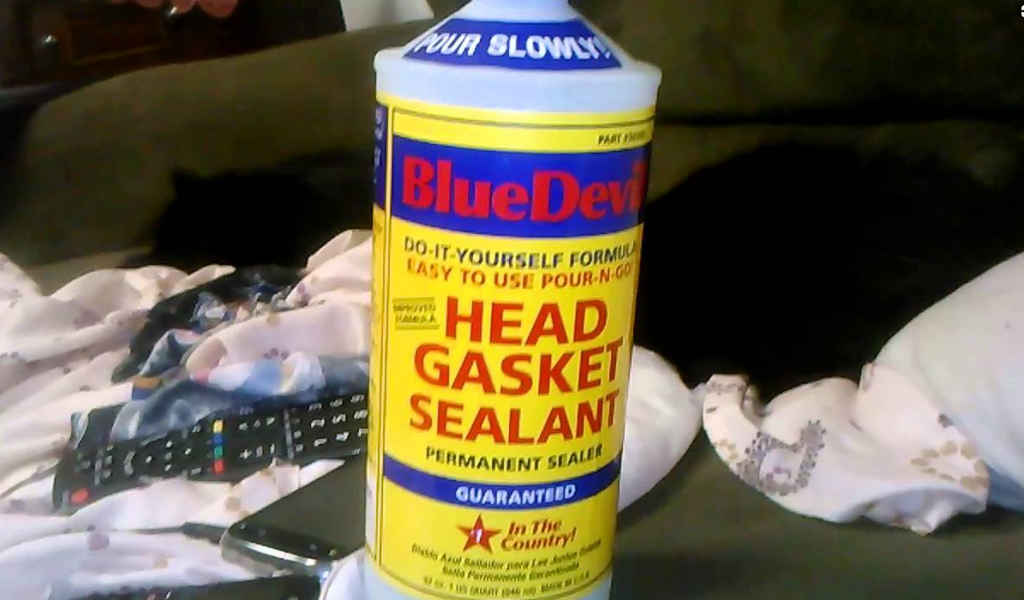If so, your car is making a squeaking noise when braking, and now you’re wondering… do I need new pads? Or is it the rotors? Are they both about to fail?
Hold up
Before you rush off to a mechanic or start ordering parts, let me show you what to check first.
Because most of the time?
A squeaking noise when braking is something you can fix without replacing a thing.
Squeaking Noise When Braking? Do THIS Before You Waste Money
Let’s break it down step-by-step: what causes that squeaking sound, what you can do to stop it, and when to actually worry.
There are a few common reasons brakes squeak, and most of them have nothing to do with parts being worn out.
One, brake dust and debris.
Your pads naturally wear down over time, and the dust they create can stick to your rotors. That buildup causes a high-pitched squeal, especially after rain or if the car’s been sitting for a while.
Two, moisture or light surface rust.
If you parked overnight and it rained, that thin layer of rust on the rotors can cause squeaking the next morning. Usually, it clears up after a couple of brake presses.
Three, lack of lubrication on contact points.
When the caliper hardware and the back of the brake pads aren’t properly greased, they vibrate when the brakes engage, and that vibration becomes a squeal.
Four glazed brake pads or rotors.
If your brakes get overheated, like during hard braking or driving downhill, they can develop a smooth, glossy surface that creates noise every time you stop.
And five, cheap or hard-compound pads.
Some budget pads just make more noise than others, especially at low speeds.
Now that we’ve got that out of the way, here’s what to actually do before spending any money.
First, clean your brakes.
Jack up the car, remove the wheels, and spray down the rotors, pads, and calipers with a can of brake cleaner.
Wipe everything off with a clean rag or soft brush—no water, no soap, and definitely no regular degreaser. Parking Brake Wire Bypass(Pioneer Parking Brake Bypass DIY)
If dust or light rust was the issue, you’ll usually hear the squeaking disappear after a quick test drive.
Second, apply high-temperature brake grease.
Not on the rotors or the pad face—but on the back of the pads where they contact the piston, on the caliper slide pins, and on the pad tabs that sit inside the bracket.
That metal-on-metal contact, if dry, causes vibrations that turn into noise.
Be careful not to get any grease on the rotor or the pad surface itself—that’ll mess with your stopping power.
Third, chamfer the brake pad edges.
This one’s optional, but it works.
If the pads have very sharp corners, take a file or a little sandpaper and gently round off the leading and trailing edges.
That simple tweak helps stop high-frequency vibrations that can cause squealing.
Fourth, bed the brakes properly.
If your pads or rotors are glazed, or even if they’re brand new but noisy, you can re-bed them.
Go to a safe open road. Speed up to about 40 miles per hour, then brake firmly down to about 5 or 10 without coming to a full stop.
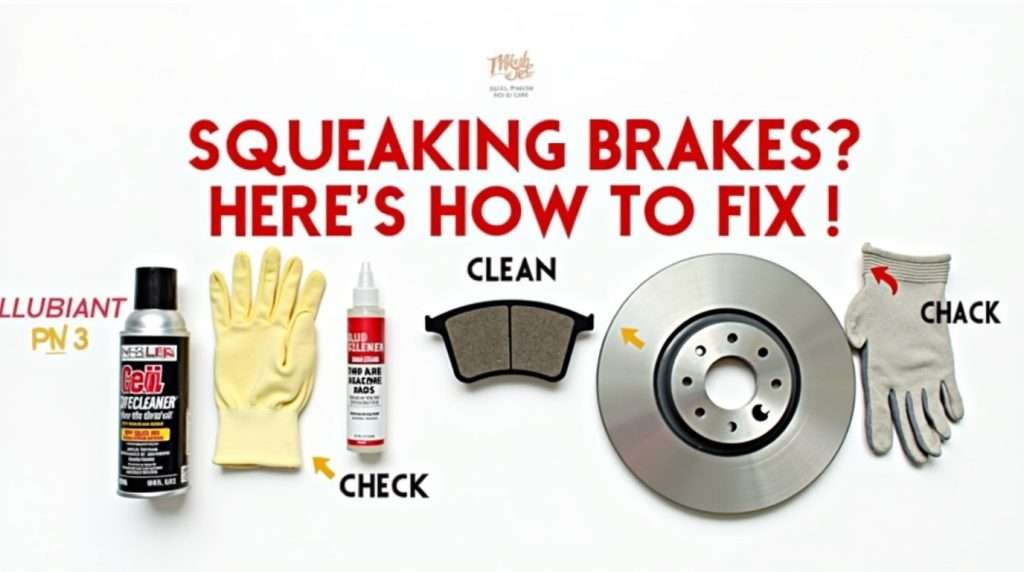
Do that 6 to 8 times with cool-downs in between.
This helps create a clean, even layer of pad material on the rotor and usually solves a lot of noise problems.
Fifth, inspect and tighten your brake hardware.
If something is loose, shims, clips, or caliper bolts, that can also cause squeaks.
Give everything a good check. Make sure the bolts are torqued to spec, the clips aren’t rattling, and the pads are seated properly.
Now if you’ve done all this and your brakes are still squeaking, it might be time to inspect deeper.
If your pads are under 3 millimeters, the rotors are deeply grooved, or you’re hearing a grinding noise instead of a squeak, it’s time to replace.
Also, if the brake warning light is on or if you feel pulsing when you stop, don’t wait, get those parts checked or swapped out.
But if none of those apply? You probably just saved yourself a bunch of money.
These five steps solve the most common brake noise issues without replacing anything and they’re easy enough for anyone to do at home.
So before you waste money on a brake job you don’t need, try this first.

